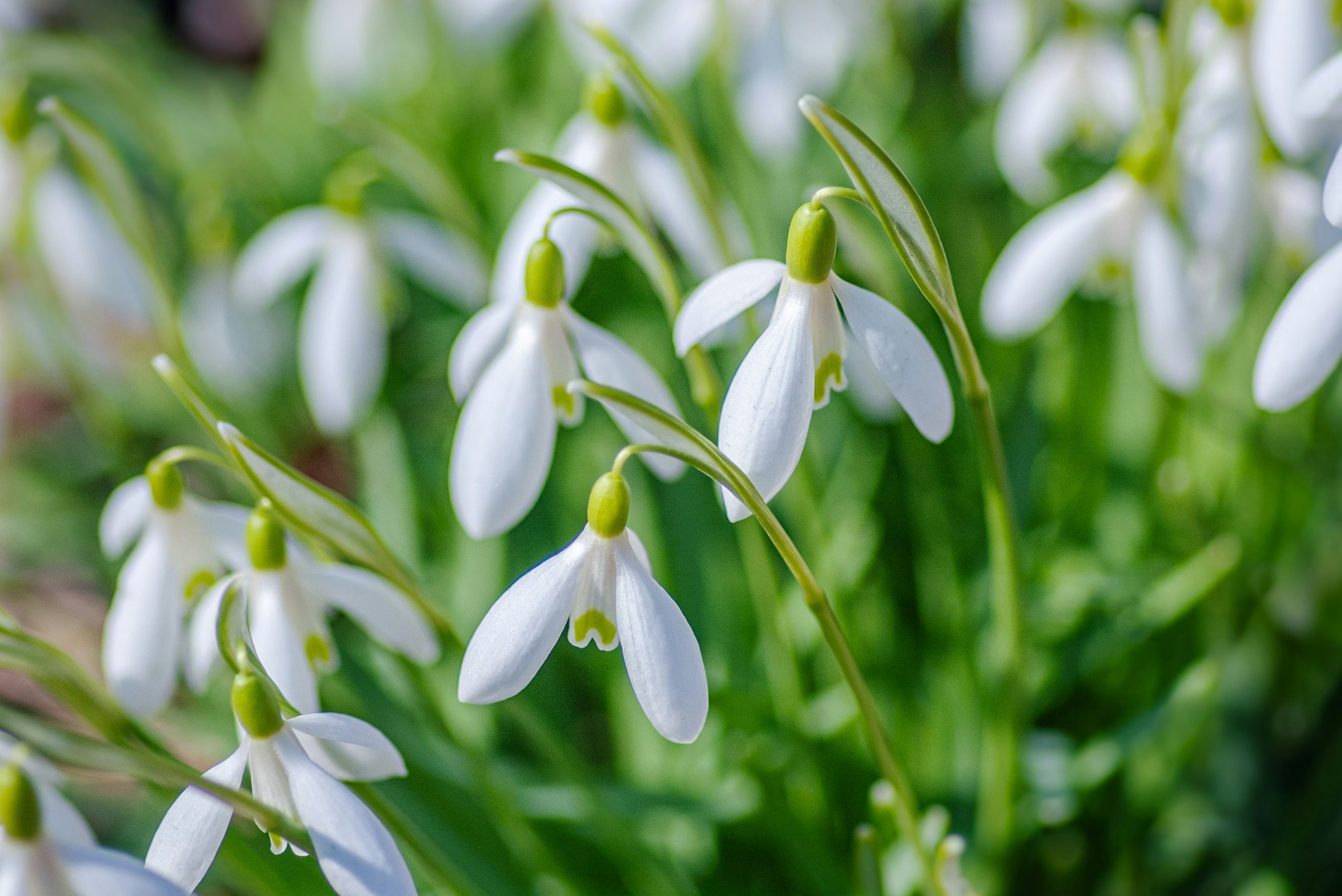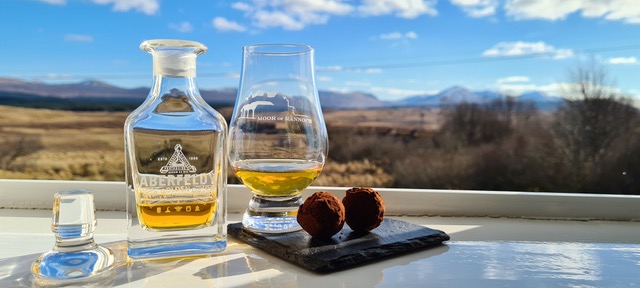Recommended summer reads with Brian Toal
Wild History by James Crawford
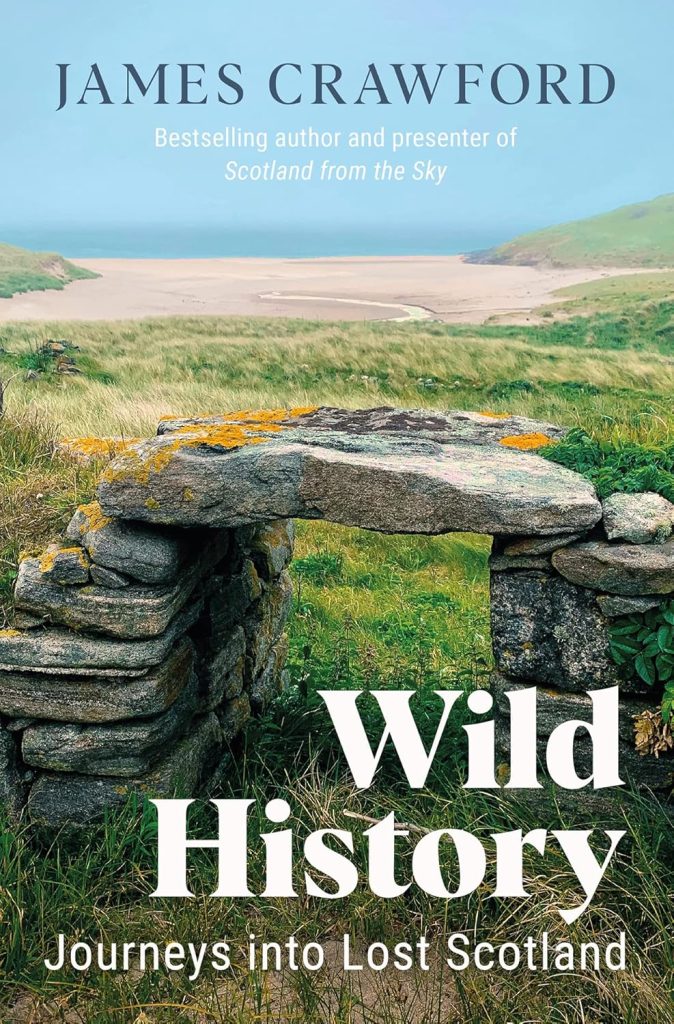
As if I wasn’t already prone to the odd “Did you know…?”, this book has now furnished me with a wheen more. Thanks very much. I love being out on the hills, walking in remote places, so this book really inspired me to search out the lesser known, overgrown and forgotten features of our landscape. Some of the locations are pretty remote but some are just on our doorstep, so there’s something for everyone in here. It’s by no means a comprehensive guide, and as he states in his postscript, ‘Partiality was always the intention in my final selection – to seek out places that I had discovered or heard about through anecdote, chance or circumstance.’
James Crawford is in a good position to hear these anecdotes, of course, being a writer and broadcaster, researching Scotland’s national collection of architecture and archaeology. You may recognize him from ‘Scotland from the Sky’. One of the most interesting aspects of the book is the way in which Crawford organises it: not geographically or chronologically but by the type of monument. There’s a section on ‘worked’ monuments such as the stone which comes from Ailsa Craig and goes into making curling stones; ‘sheltered’ monuments like caves and harbours; ‘sacred’ monuments like Callanish and Cathkin Park (for fans of the round ball) and ‘contested’ monuments like Dere Street and General Wade’s Military Road which transferred foreign troops to the heart of the battles. These ‘wild histories are all around us.’
How The World Eats by Julian Baggini
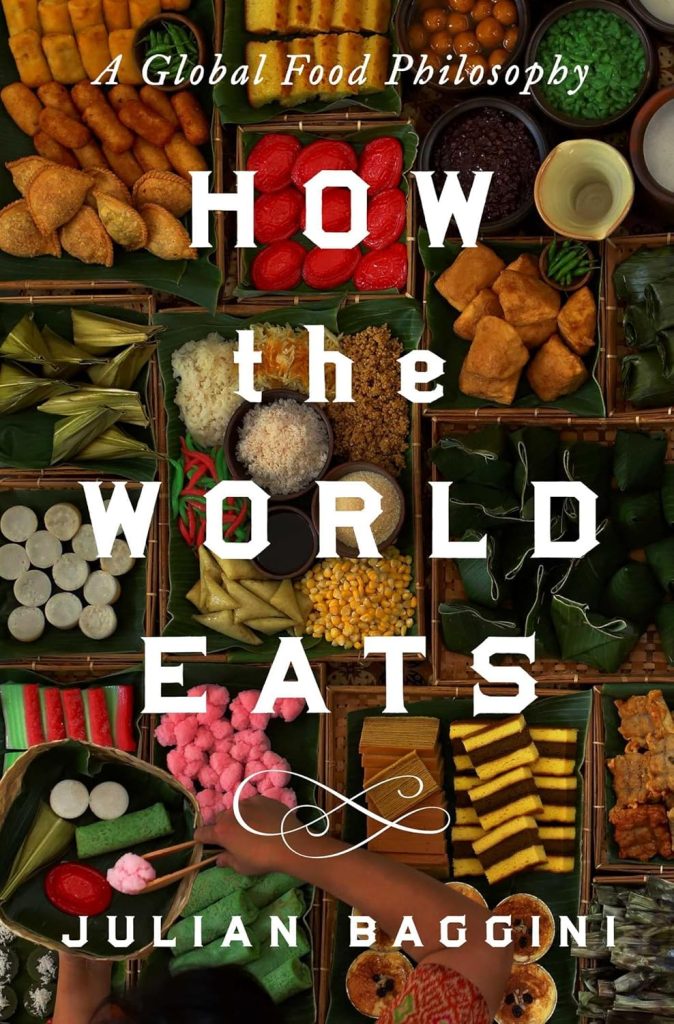
Baggini is one of Britain’s foremost philosophers, known for ‘The Pig That Wants To Be Eaten’ and ‘Think Like a Philosopher’. However, he is also a member of the Food Ethics Council and cares passionately about food, food production and animal welfare. Hence this book, which artfully combines ethics, philosophy and food.
We are taken on a journey from the earliest hunter-gatherers to the earliest farming communities to our current farming practices. He also touches on technology and how it is part of the problem as well as the solution. The conclusion is sobering as well as thought-provoking. At around 350 pages with copious notes and references at the back, it’s a fairly lengthy read but it’s absolutely worth it. It’s not a book to attempt in one go.
The sheer amount of data thrown at you in itself would make it hard to digest more than one chapter at a time. I chipped away at it for about a month and felt it was well worth it. I’m now armed with lots of little nuggests and soundbites to bore my friends with. For example, “To object to the slice of gene-edited tomato in your burger while happily eating all the other junk in it is a clear case of misplaced priorities.” Exactly.
“A conscientious environmentalist needs to challenge what true environmentalism requires, and that may change as the world, the facts and our understanding change.” We need to evolve to survive.
Hermit by Chris McQueer
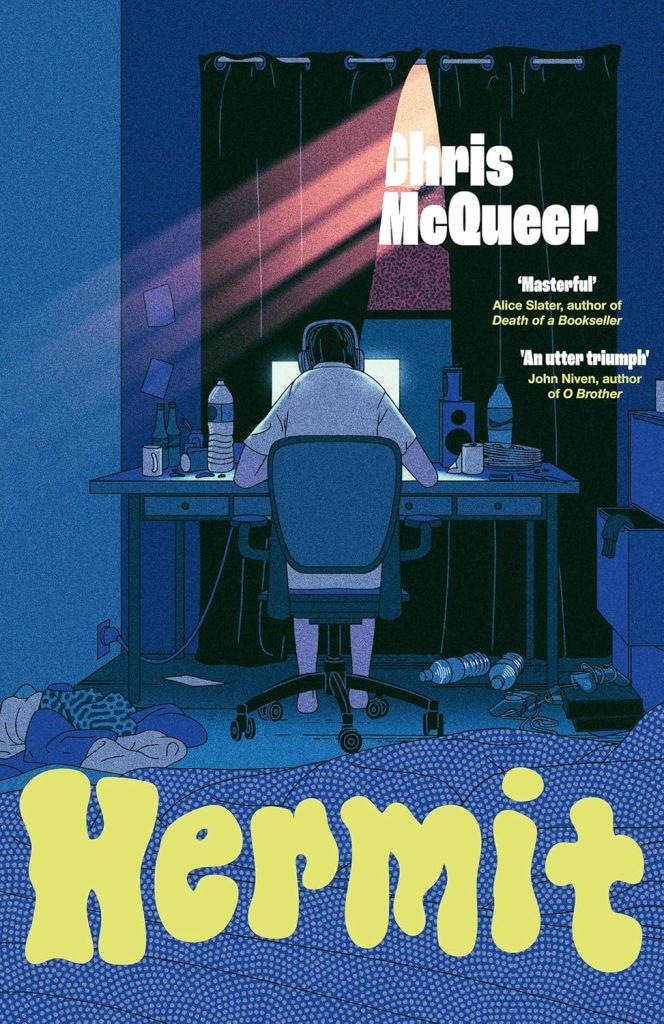
Jamie Skelton is a loner. He lives at home with his mother. He left school before sitting any exams. He’s nocturnal. He spends most of his life on the internet, peeing into bottles and eating takeaway food to avoid having to leave the room. In Japan he’d be called a ‘hikikomori’, someone who has retreated into his shell. The links between these hikikomori and incels (involuntary celibates) is complicated and opaque but it’s there. Jamie has no friends in real life, only one ‘mate’ he plays games with online, even though Lee lives just a few doors down. So far, so sad. Unfortunately, it’s an all too familiar story for the young men in our society. The lure of ‘friendship’ through websites dominated by men who hate women – the manosphere – is often subtle and difficult for vulnerable young men to resist. And it’s that weakness misogynists exploit.
McQueer made his name with his short story collections ‘Hings’ and ‘HWFG’, and has also made appearances on the BBC as a presenter of documentaries. However, in his debut novel he is tackling head on the scourge which is the manosphere and addressing the loneliness and vulnerability of our young men? How well do you know your son? What is he actually up to in his room? Which websites is he browsing? Fiona, Jamie’s mum, certainly doesn’t seem to have a clue.
She’s a single mum out working to make ends meet. Jamie is up when she’s in bed and vice versa, so they basically never see each other. She provides food which he eats. He mostly avoids communicating with her. It’s not long before the relationship becomes completely dysfunctional. McQueer employs a dual narrative which allows us to go back and forth between Jamie and Fiona. This is helpful and we can clearly see the impact of Jamie’s actions on his mother. She only has her mum to help her and she is desperately trying to hang on to a job, so when Jamie goes missing, it’s the final straw.
Jamie and Lee have been chatting to Seb, an older American based in London who seems to have a great space to crash in and plenty of money. In their utter naivety, the boys get on a bus and head to London, having never been more than ten miles from home before. As soon as they arrive at Seb’s flat, their phones are confiscated ‘for security purposes’, and the lads quickly realise that the place is a bombsite and they’re sharing a bed: hardly the paradise they were expecting. It quickly becomes apparent that Seb has a task for them. Will they accept? Do they have a choice?
This edition’s recommended summer reads are available from Waterstone’s Byres Road and all good book shops.



